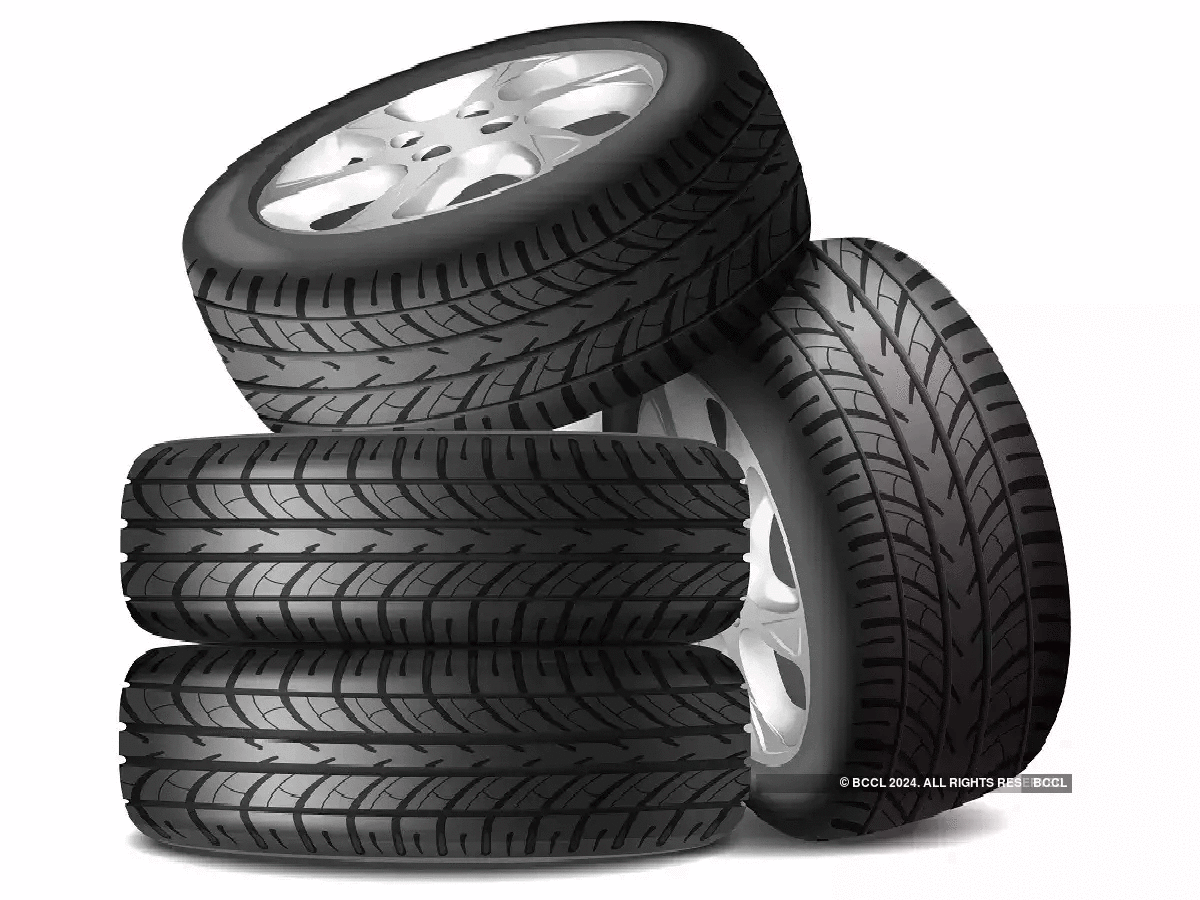 Higher input costs coupled with a tepid demand from truck and carmakers dented profitability at all tyre makers in the second quarter over the year-ago period.
Higher input costs coupled with a tepid demand from truck and carmakers dented profitability at all tyre makers in the second quarter over the year-ago period.Tyre prices in the domestic market that have been rising almost every quarter on the back of a steep increase in natural rubber prices in the international markets are set to rise further as manufacturers have guided for further hikes in the ongoing quarter.
According to them an increase of 2-6% taken since the beginning of FY25 is not commensurate with the increase on account of natural rubber prices. This, in turn, has jacked up raw material prices as percentage to net sales by 6-8%.
Higher input costs coupled with a tepid demand from truck and carmakers dented profitability at all tyre makers in the second quarter over the year-ago period.
International natural rubber prices account for more than a third of raw material cost for tyre companies, and these have been moving up necessitating further price hikes. Prices increased to USD 2,000 a kg in Q2 from USD 1600 a kg in Q1 in the international markets and are expected to remain elevated, Kumar Subbiah, chief financial officer, Ceat, told ET.
Almost half the requirement is met through imports from Southeast countries such as Malaysia, Thailand, Philippines and Vietnam. The unseasonal weather conditions (cyclone, heavy rainfall)-a fallout of climate change, also impacted output, ratcheting up the prices, said executives at tyre companies.
Raw material costs at tyre maker Ceat went up by 6 percentage points in the September quarter from the April to June quarter forcing the company to increase prices. Tyre makers have guided for further hikes due to "under recovery." Others have reported a similar level of cost inflation.
For JK Tyre it was 6-7% over Q1, for Apollo Tyres the increase in the raw material was about 8% sequentially in Q2. It expects 1% plus increase for Q3, with costs expected to decrease thereafter. The under recovery from last year is about 6%, Apollo Tyres' management said in an investor call.
"High prices of natural rubber coupled with increased transit cost impacted our raw material cost. We have increased prices in the range of 3.5%-4% in passenger car radials, 1.5%-1.8% in the truck and bus radials and still have to cover all categories. In addition to increasing prices in the remaining segments such as tractors and two wheelers, we will have to also take more hikes in passenger car radial tyres as we anticipate raw material costs led by natural rubber prices in international prices to go up by another 2 percentage points in the December quarter," Ceat's Subbiah said.
Others also hinted at a continued pricing action. JK Tyre has taken a cumulative price increase of 3-3.5% in the first half of fiscal and is "assessing the situation now in this quarter as well," Anshuman Singhania, managing director, JK Tyre said in an investor call.
During the quarter, the transit time from Southeast Asia went up to 9 weeks from three, this also disrupted the supply chain. Manufacturers had to buy from the local market and as a result domestic prices went up to INR 250 per kg-highest in 15 years. Freight rates also went up to USD 200 from USD 50 in the same period, pointed out Subbiah. Domestic prices have since corrected, and transit time has also normalized in the current quarter. But pressure on raw material costs will remain in the ongoing quarter, he noted. However, truck operators for whom tyre costs have now become the third largest cost component followed by diesel and toll fees do not buy into the tyre makers' rationale of incessant price hikes.
"Since March 2024, the cost of truck tyres has surged by 6-7%, yet the burden on vulnerable consumers continues to grow, as manufacturers reap substantial profits," said Balmalkit Singh, chairman, core committee All India Motor Transport Congress. "The tyre manufacturing industry has formed a cartel that effectively prevents the government from lifting restrictions on tyre imports," he alleged.
